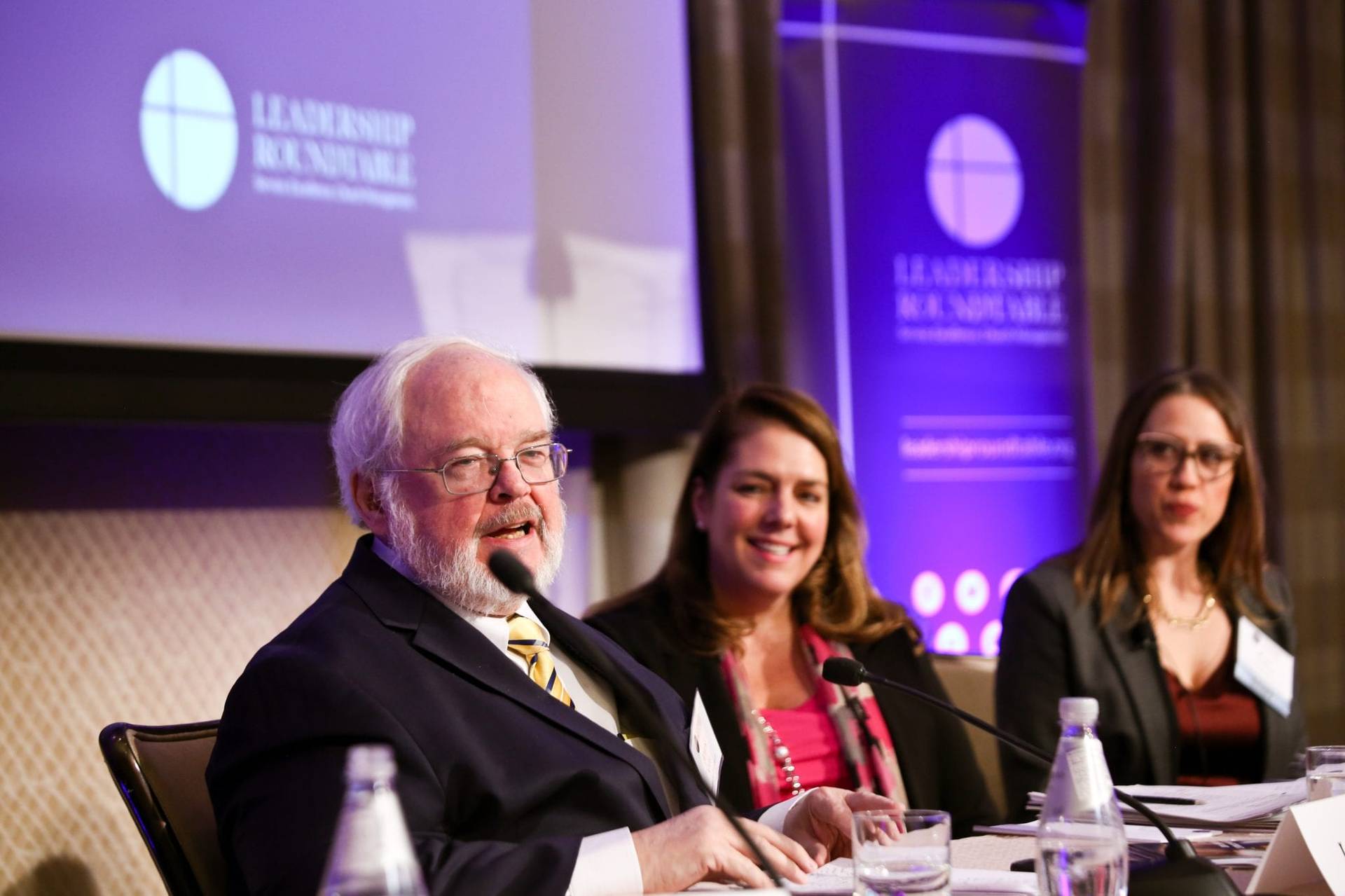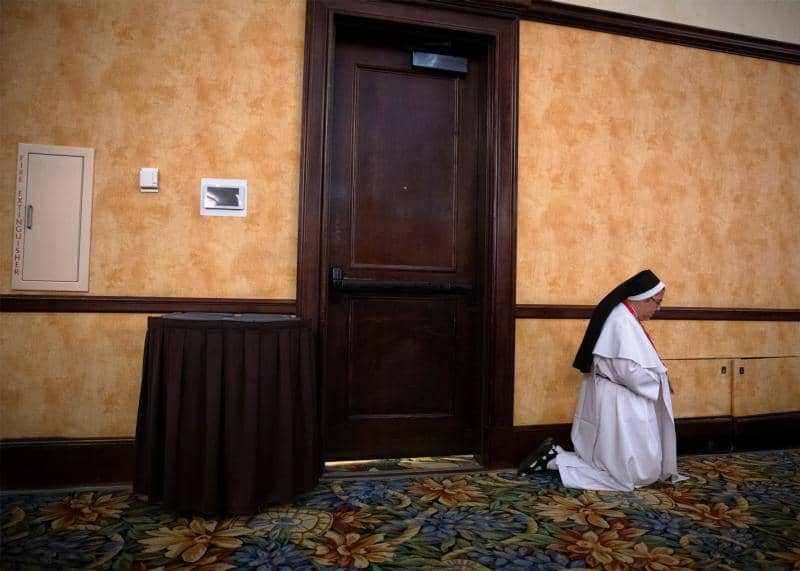ROME – A Nigerian nun with direct experience of counseling victims of clerical sexual abuse directly challenged the notion that it’s not an African problem or an issue in the developing world on Saturday, emphasizing “how serious the issues were and still are.”
“Probably like many of you, I have heard many Africans and Asians say, that ‘this is not our issue in countries in Africa and Asia, it is the problem in Europe, the Americas, Canada and Australia’,” said Sister Veronica Openibo, a Nigerian and the first African to serve as the Leader of the Society of the Holy Child Jesus.
“However, I worked throughout Nigeria in the area of sexuality education for nine years and heard stories and counselled many people,” she said.
“The fact that there are huge issues of poverty, illness, war and violence in some countries in the Global South does not mean that the area of sexual abuse should be downplayed or ignored,” she said. “The Church has to be pro-active in facing it.”
Openibo was speaking on the third day of Pope Francis’s summit on clerical sexual abuse, gathering the presidents of bishops’ conferences from around the world, leaders of Eastern churches in communion with Rome, senior Vatican officials and heads of both women’s and men’s religious orders.
Openibo, who holds a master’s degree in pastoral ministry and social work from Boston College, pulled no punches in underlining the seriousness of the abuse scandals.
“Clerical sex abuse is a crisis that has reduced the credibility of the Church when transparency should be the hallmark of mission as followers of Jesus Christ,” she said.
“How could the clerical Church have kept silent, covering these atrocities?” Openibo asked. “The silence, the carrying of the secrets in the hearts of the perpetrators, the length of the abuses and the constant transfers of perpetrators are unimaginable.”
“We must acknowledge that our mediocrity, hypocrisy and complacency have brought us to this disgraceful and scandalous place we find ourselves as a Church,” she said.
She urged a strong “zero tolerance” policy: “By taking the necessary steps and maintaining zero tolerance with regard to sexual abuse we will release the oppressed,” she said.
A member of the executive board of the International Union of Superiors General (UISG), the main umbrella group in Rome for the leaders of women’s religious orders, Openibo pointed to clericalism as part of the problem.
“It worries me when I see in Rome, and elsewhere, the youngest seminarians being treated as though they are more special than everyone else, thus encouraging them to assume, from the beginning of their training, exalted ideas about their status,” she said.
As part of that diagnosis, she faulted a clerical psychology that can prioritize the situation of perpetrators over victims.
“We can feel sad for those who, when they were younger committed offences that are now being brought out to the open,” she said. “But my heart bleeds for many of the victims who have lived with the misplaced shame and guilt of repeated violations for years.”
Openibo recommended taking greater advantage of the wisdom of women.
“Women have acquired a lot of useful experience to offer in this field and have already done much to support victims and also to work creatively on their own use of power and authority,” she said.
Jokingly, Openibo noted this summit is the first time all the members of the UISG’s executive committee have been invited to a Vatican event — “usually, it’s just the men who come,” she laughed.
The Nigerian nun also praised Francis for an apparent change of heart on the abuse crisis.
“I read with great interest many articles about the pope’s reactions in the case of the Chilean bishops – from a denial of accusations, to anger because of deception and cove-up, to the acceptance of resignations of bishops,” she said.
“I admire you, Brother Francis, for taking time as a true Jesuit, to discern and be humble enough to change your mind, to apologize and take action. This is an example for all of us,” Openibo said.
After Openibo’s presentation, the bishops were scheduled to hear from Cardinal Reinhard Marx of Munich, Germany, president of the German bishops’ conference and a key adviser to Francis. On Friday, Marx met a delegation of 16 abuse survivors from the activist group “Ending Clergy Abuse.”
Marx later said he’d briefed the pope on the content of the meeting, which lasted roughly 90 minutes.
















